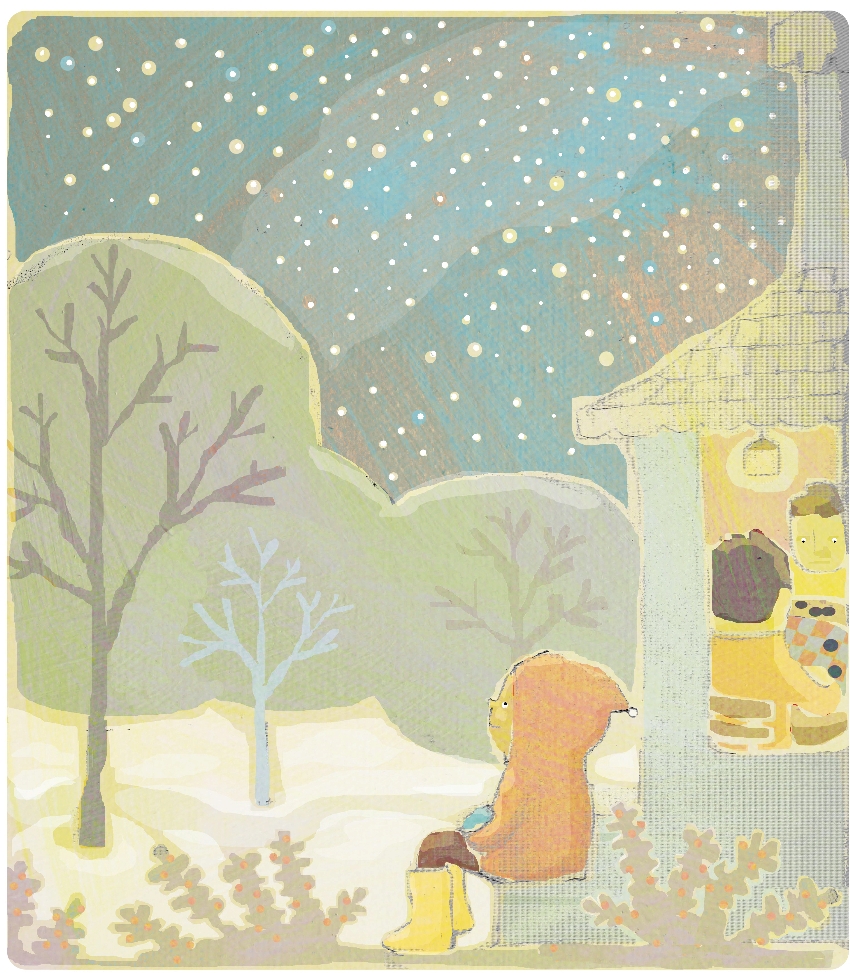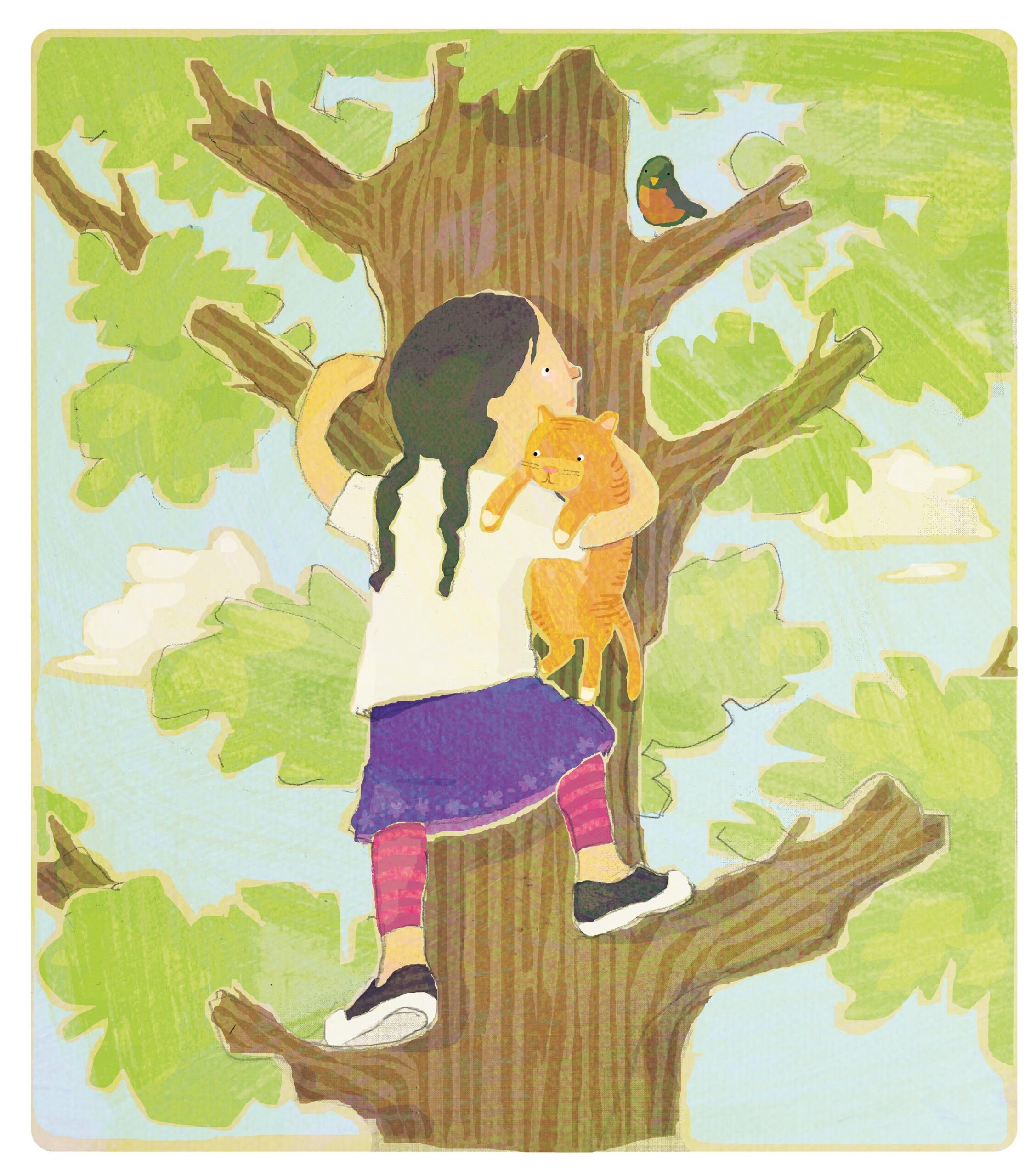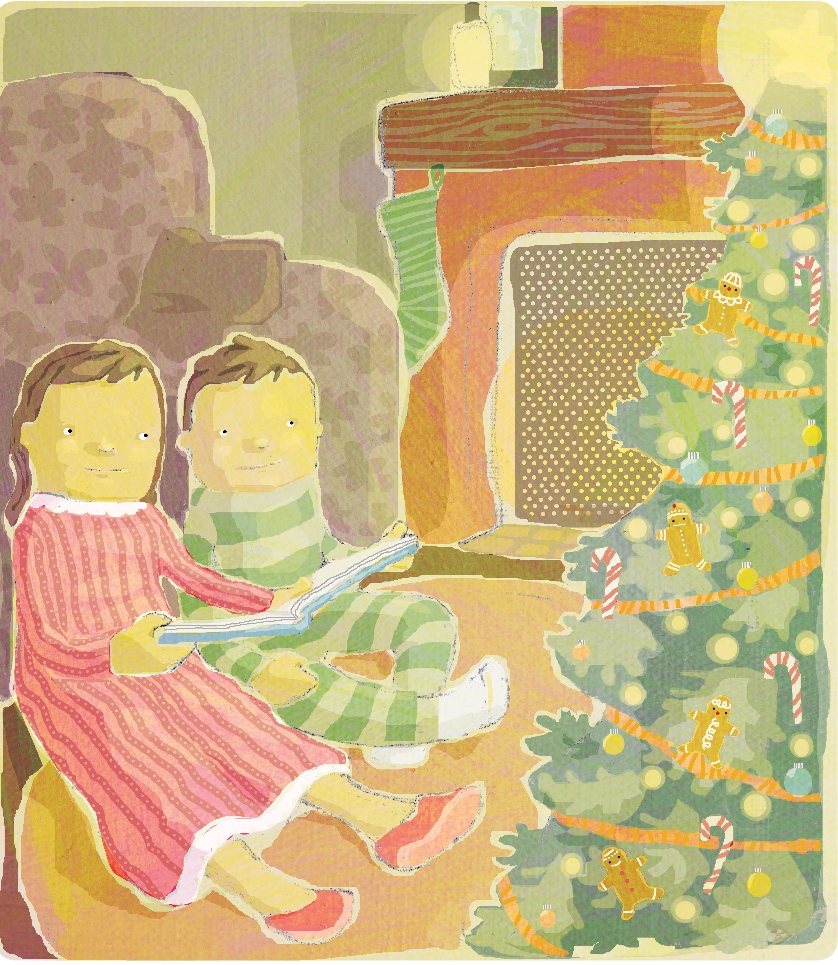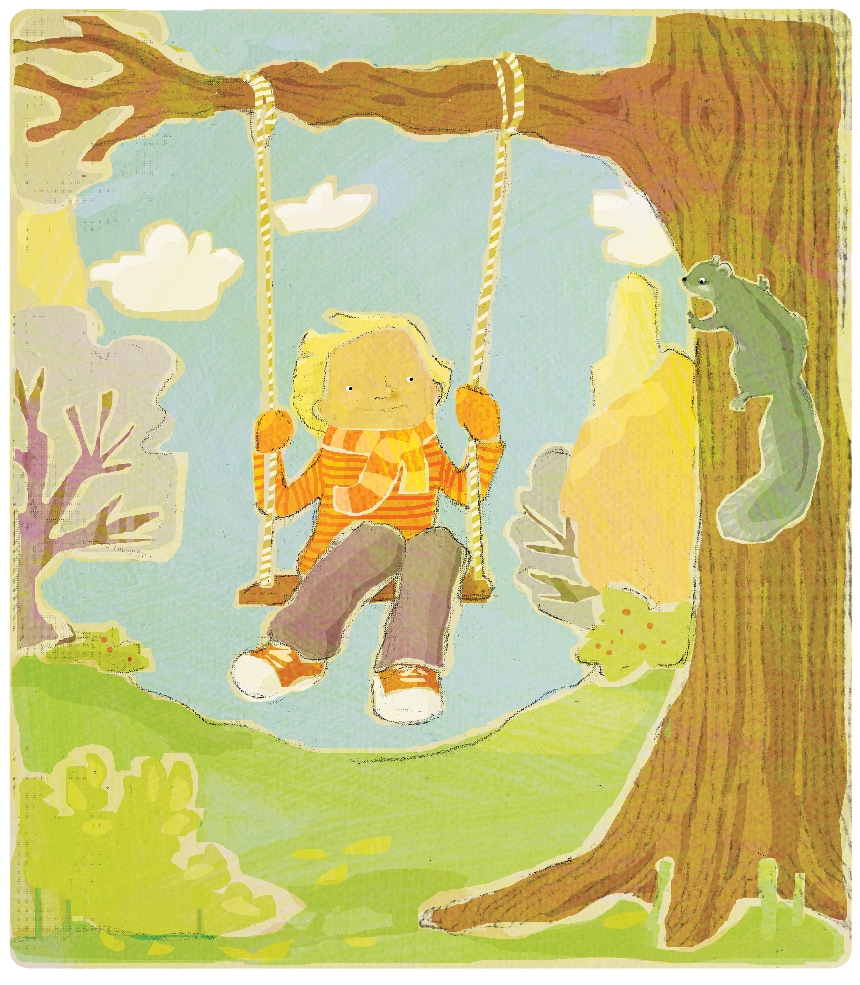Taking time to be in stillness is important for physical and mental well-being, and it is absolutely vital if we want an inner experience of spirit. It is not easy to quiet the storms of excitement and learn to be comfortable with stillness. Providing opportunities to practice is a priceless gift we can give children.
Humility does not mean self-abasement — it means recognizing an infinite power greater than our little self. Where does humility come in when self-esteem and self-confidence are valued so highly in our society?
Willpower is our willingness combined with our power, applied with concentration and determination. Applying our willpower to achieve goals is really a discovery of the divine power and guidance that lies within all creation. We discover that willingness opens the gate to infinite possibilities.
Courage does not mean fearlessness and is a quality that exists within all beings and can be accessed at any time. We need only to turn inward to face life’s challenges with the courage that is already ours. Feeling anxious or fearful of new outward circumstances is normal for most people, but finding the courage to face those circumstances means recognizing that our divine nature is perfectly equipped and we have the inner resources to handle challenges.
Most people would define work as something that is hard to do and creativity as something fun. But when we are open to the sacred guidance that is abundant in the universe, work and creativity become the same thing. The most creative and inspiring work can be accomplished when we are open to all possibilities. Being open to infinite possibilities means letting inspiration flow freely — and not blocking that flow with thoughts of what we want to happen or what other people might think of what we are doing. Children can learn to feel for the right direction within and to recognize that every impulse is not the right one simply because it is there. Every time we remember to put our highest self in charge, the more inner joy and freedom we experience.
Being truthful puts us in harmony with our spiritual self and is an expression of our divine nature. There are many different kinds of truth, but being truthful is primarily about being conscious of our motivations and expressing that truth in the way we live and treat others, as well as how we speak. Why do we say what we say? Are we sharing the truth about who we are?
Download the PDF of A Joyful Path, Year One, Lesson #34 - "Experiencing God as Light" right into your digital device. God can be experienced as light, visible to the physical eyes and as a universal inner reality.
We know true joy when we experience the reality of God’s presence within. The word joy is used at Christmastime so often that it is almost synonymous with the season. When we have an inner awareness of the presence of God, we experience joy. When we celebrate the birth of Christ, we celebrate that living presence born on earth. Joyful day! God’s presence can be experienced in every moment of our lives when we become aware that the reality of God never changes; it is not dependent on circumstance or season.
Like all spiritual and religious celebrations, Easter can be experienced and understood on many levels. In the cycles of nature, we see examples of renewed life: animals being born, trees sprouting leaves, and flowers bursting with color in the spring. Our hearts respond with deep yearning for inner renewal as well. Springtime rituals in the northern hemisphere have always been a way to welcome the awakening life energy of the earth and the return of light, but they are also symbolic of the inner awakening that all souls experience. In the southern hemisphere, Easter is celebrated in the fall and is a time to celebrate the fall harvest and the gathering of family and friends. A Christian scholar, the Venerable Bede (672–735 AD), first asserted that Easter was named after Eostre, the great mother goddess of the Saxon people in Northern Europe. Her name was derived from the ancient word for spring, eastre. Pagan festivals associated with birth, the renewal of life, fertility, and sunrise date back to long before Christianity. Pagan religions in the Mediterranean area are recorded as having a major seasonal day of religious celebration at or following the Spring Equinox. Many of the present-day customs of Easter have their origins in these festivals.

















